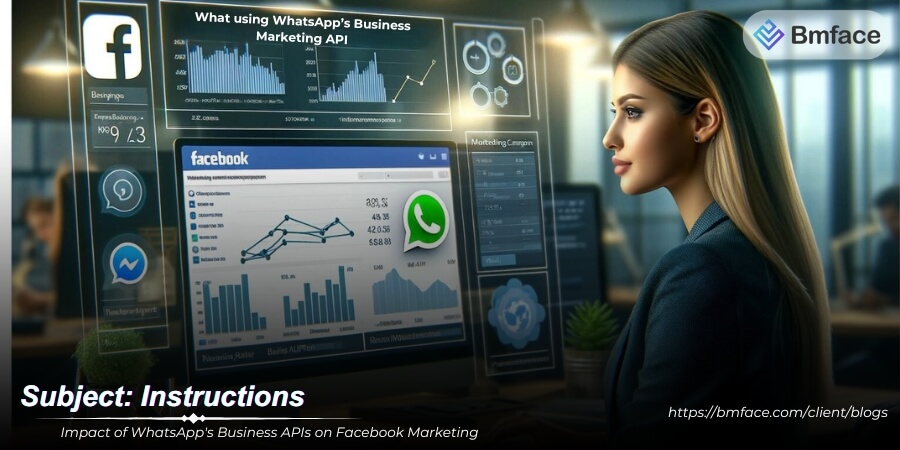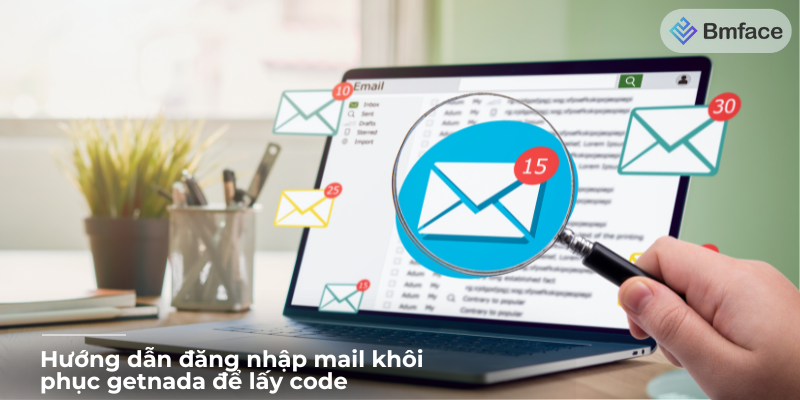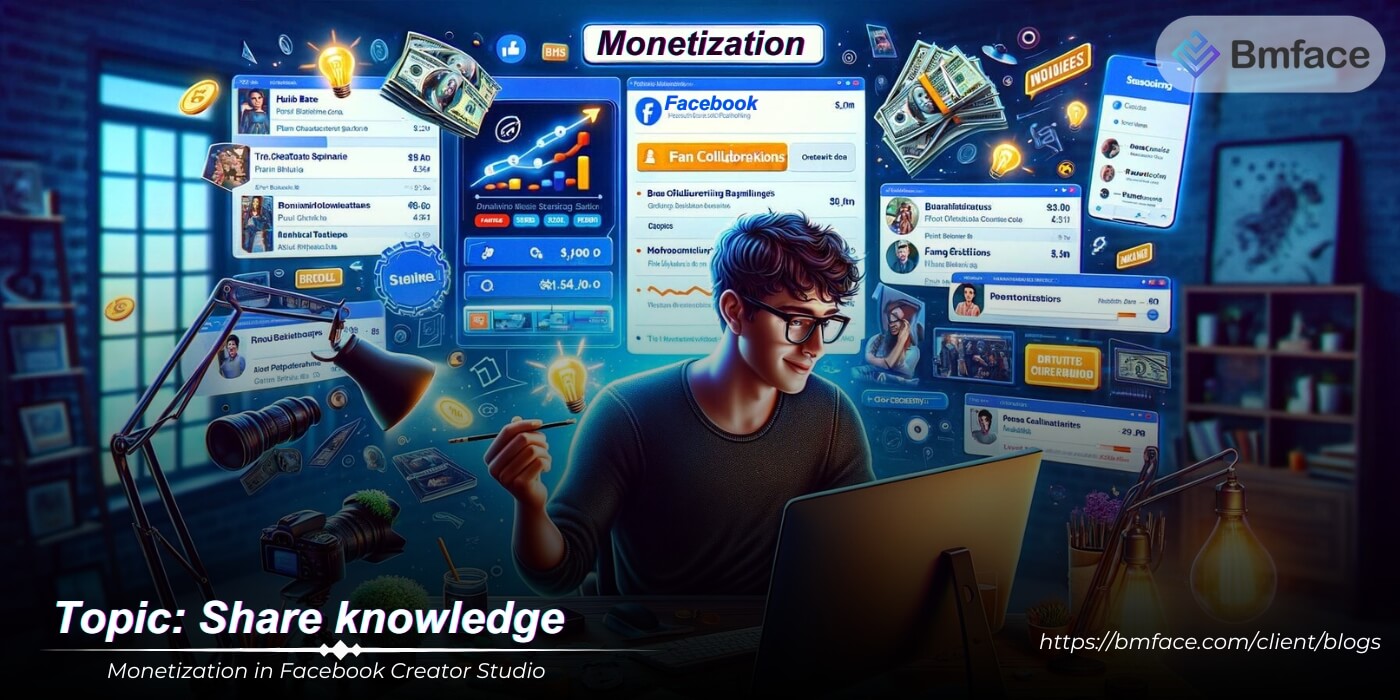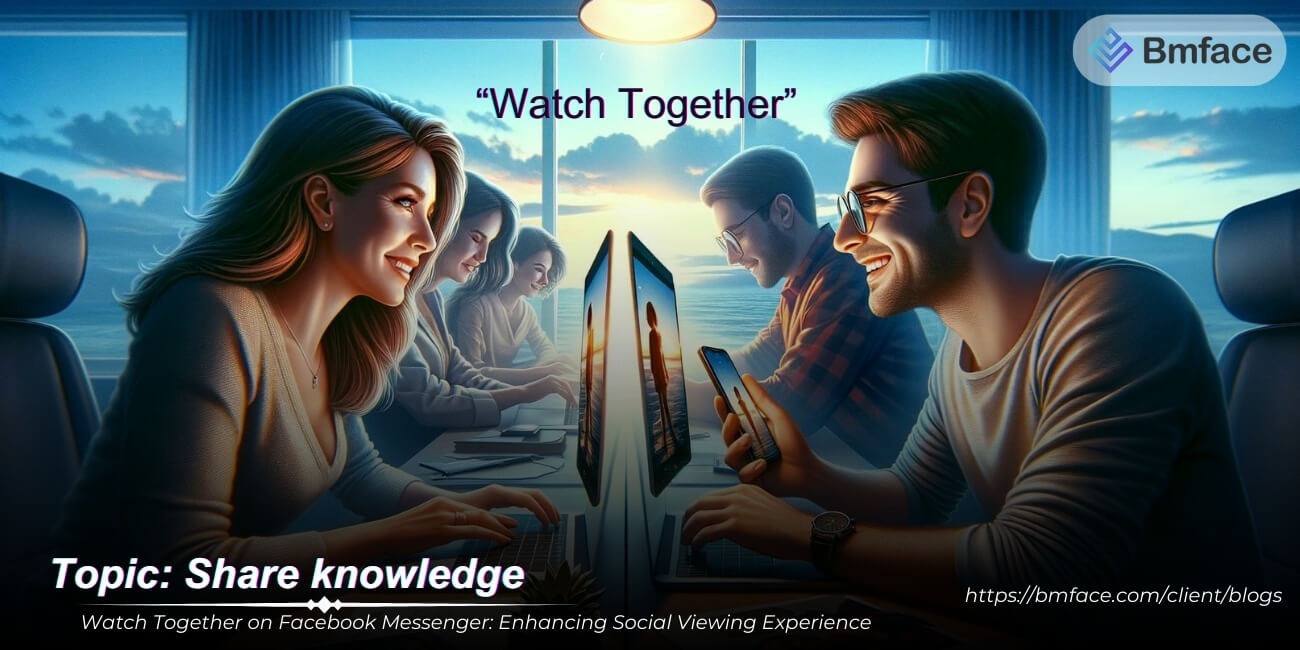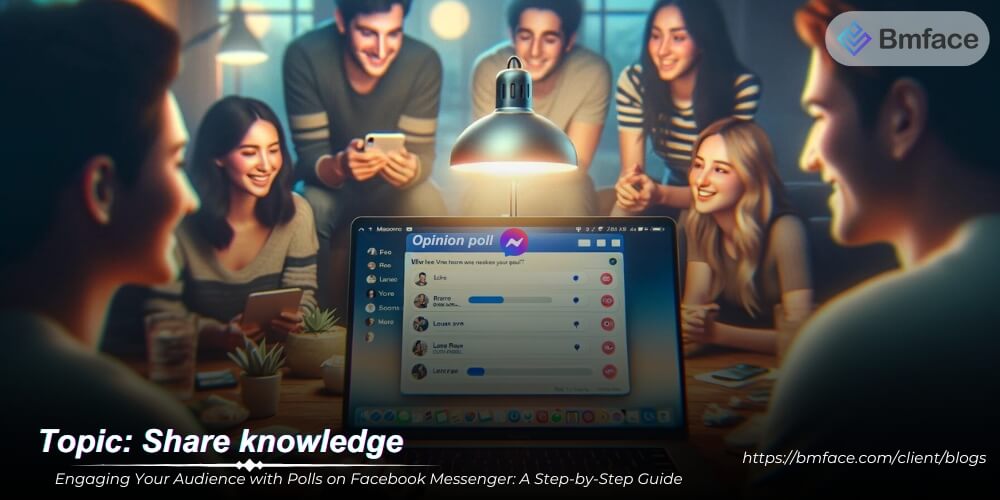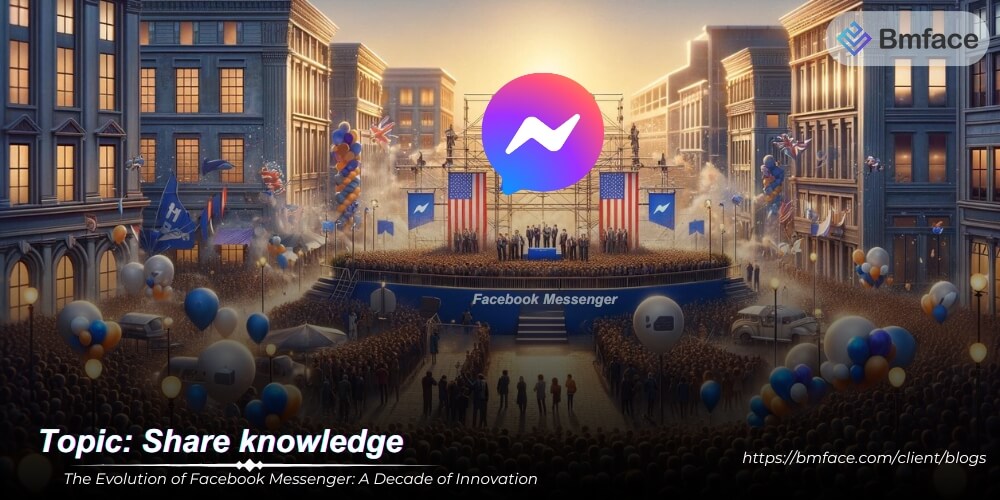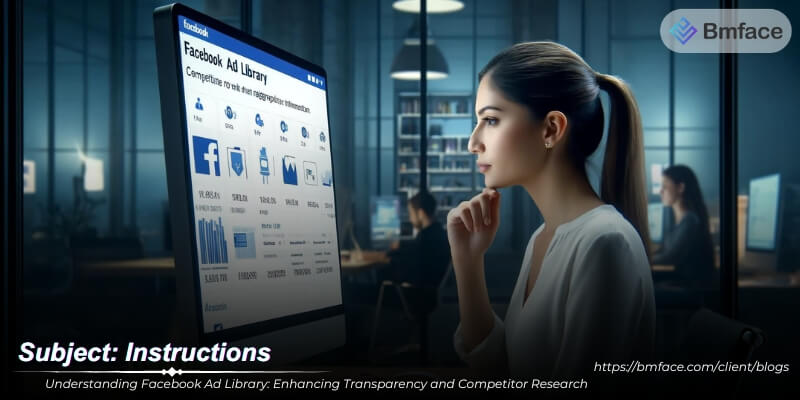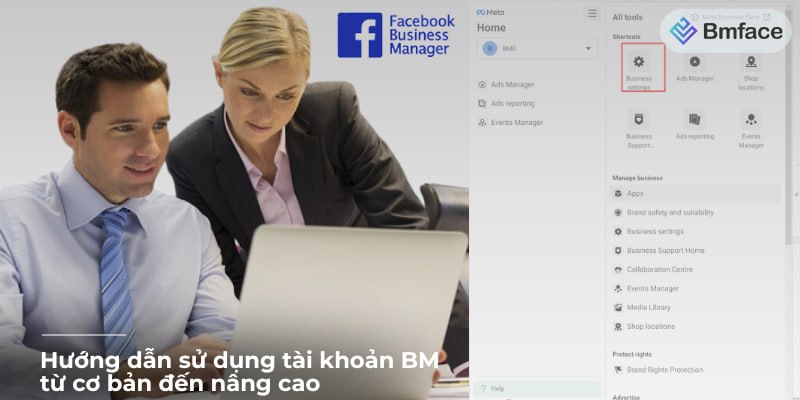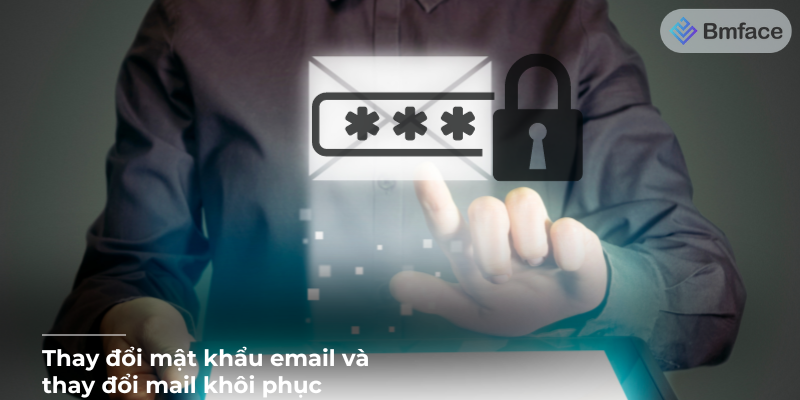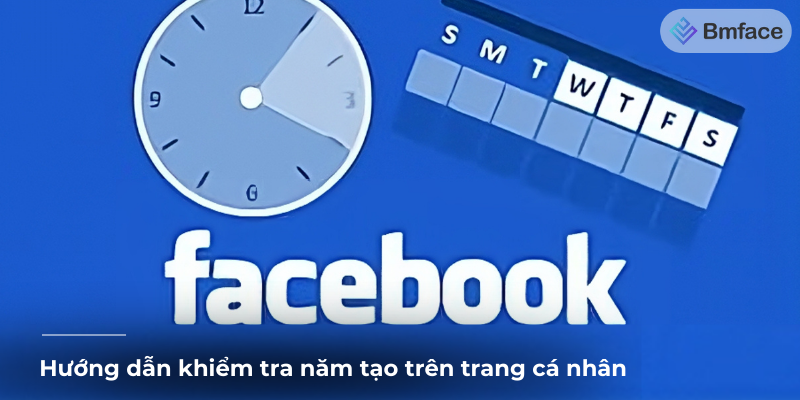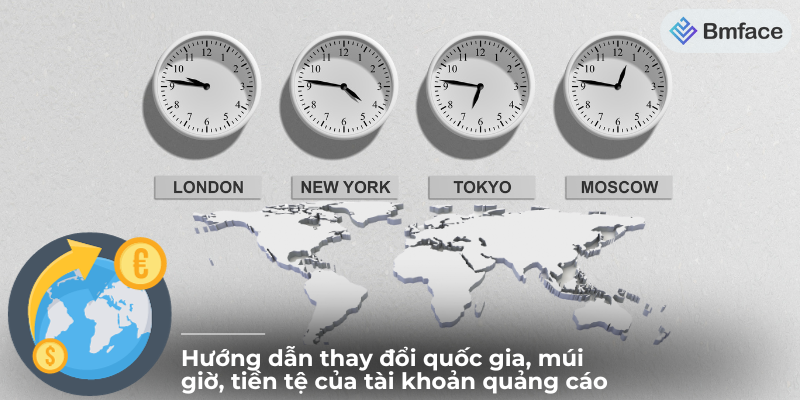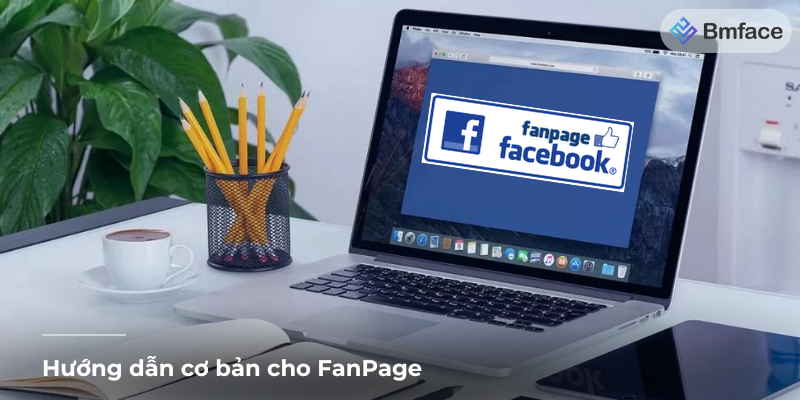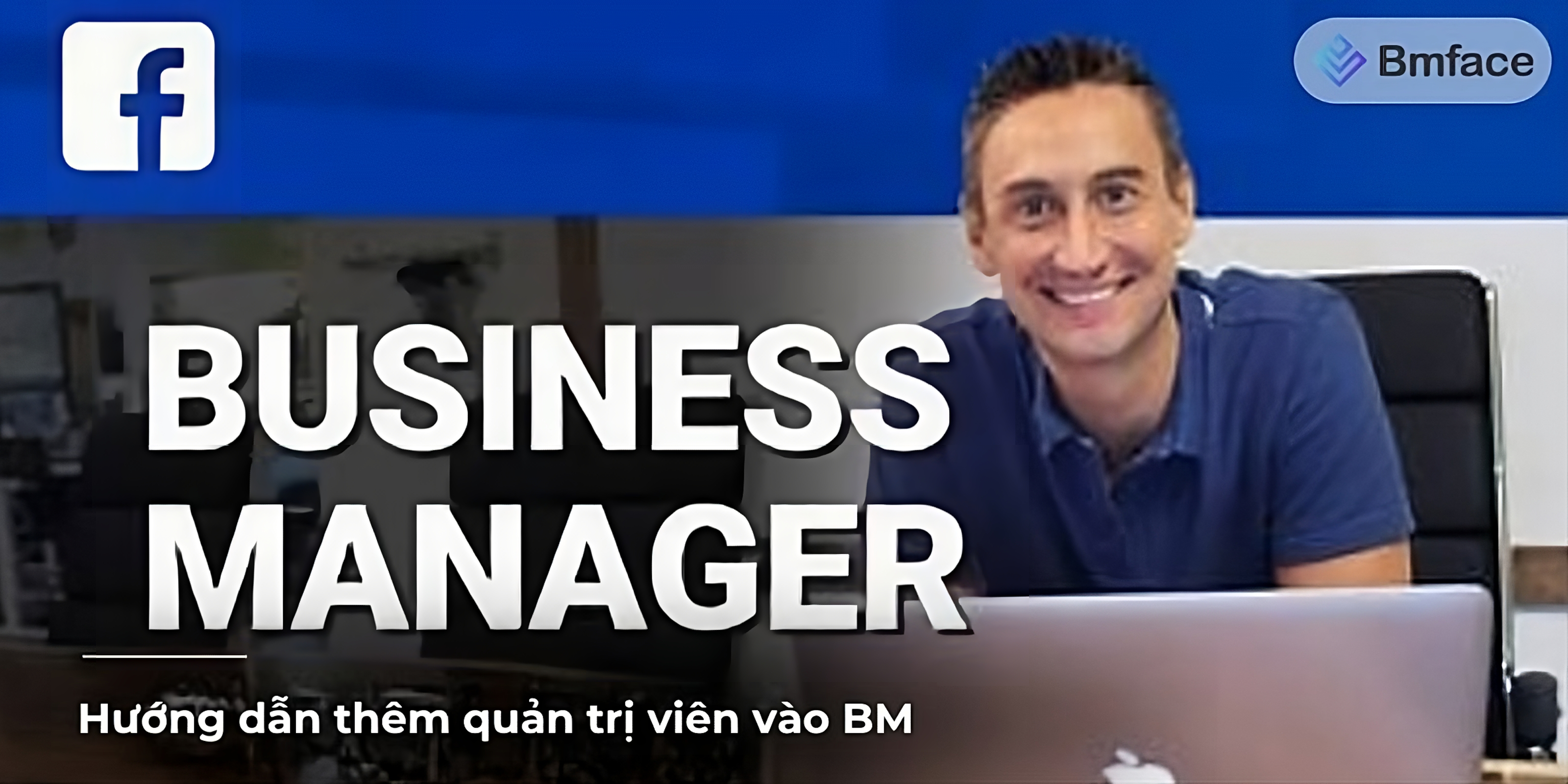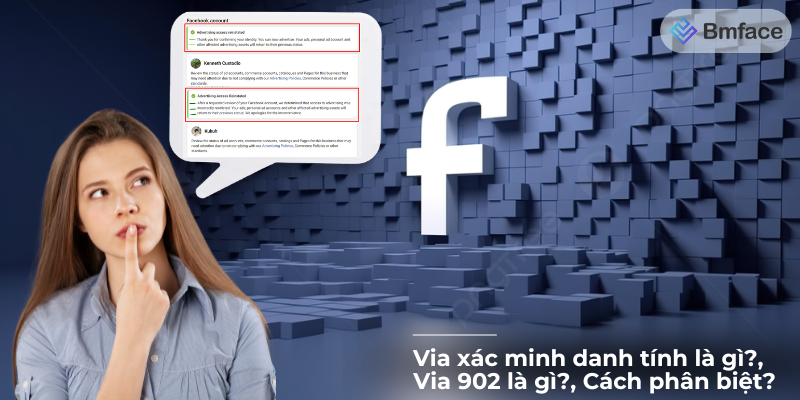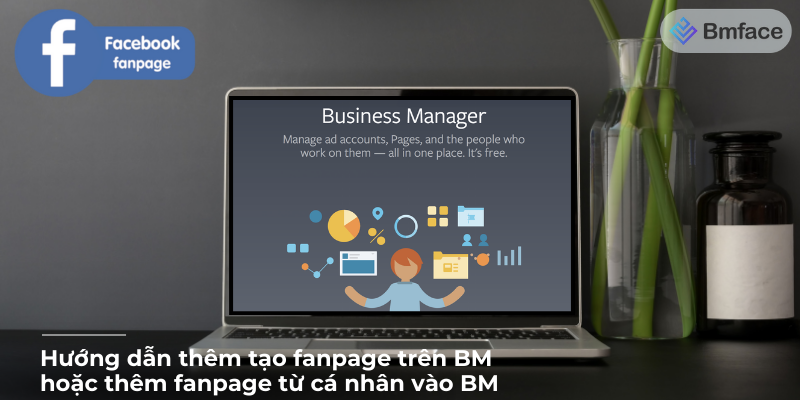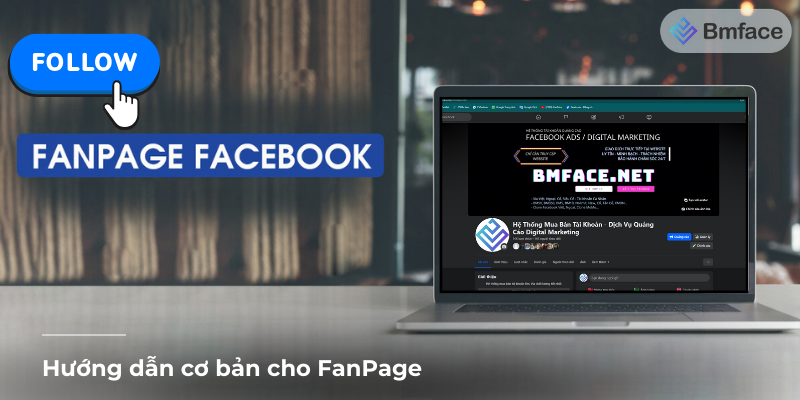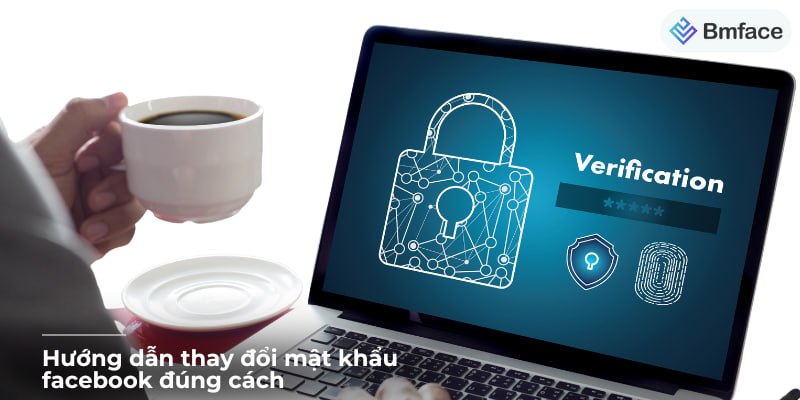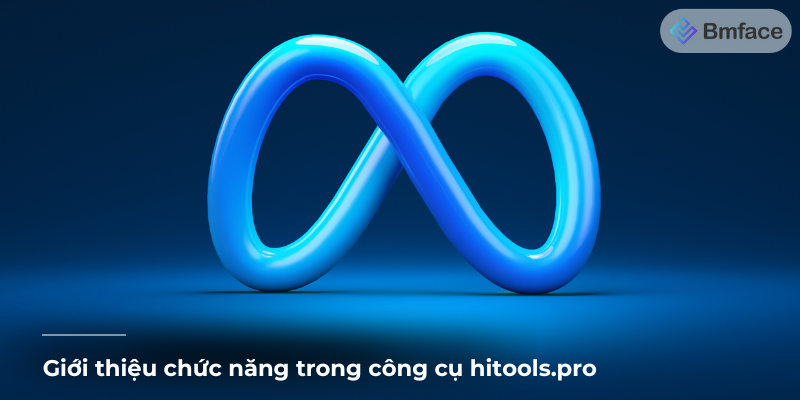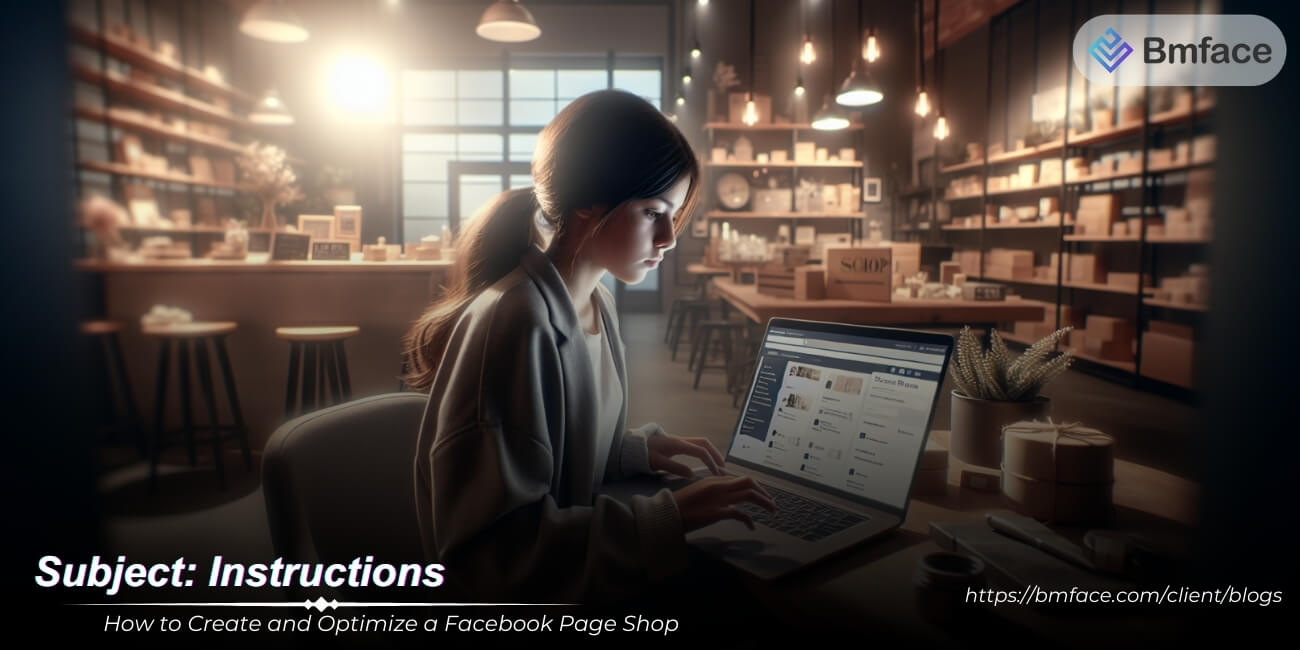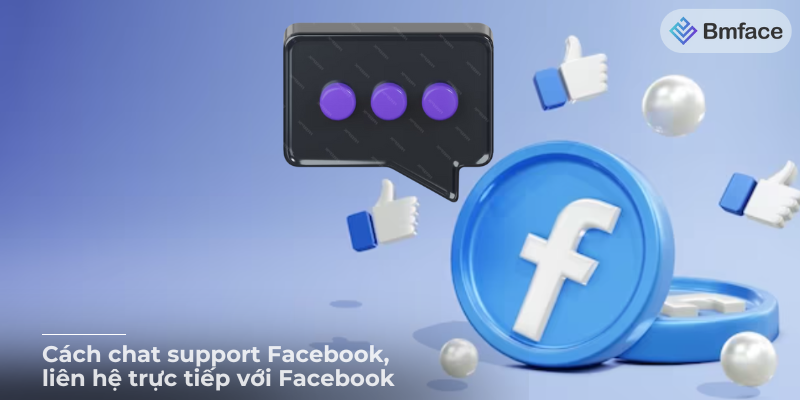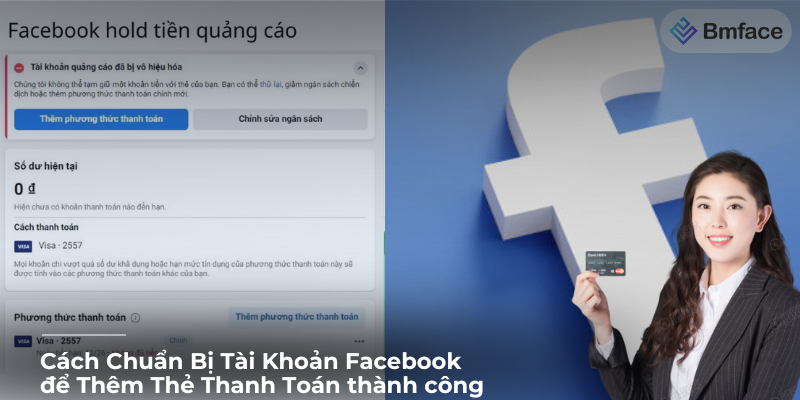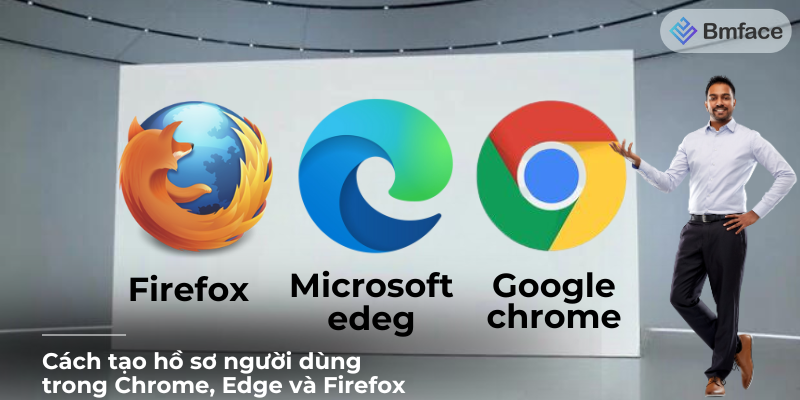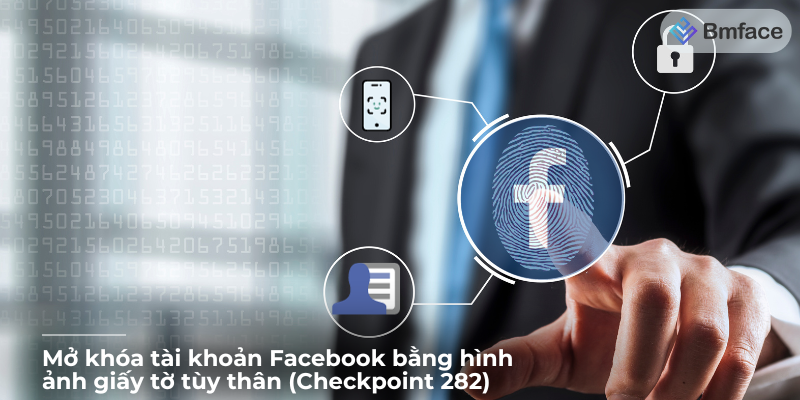In an ever-evolving digital marketing landscape, integrating WhatsApp's business API with Facebook's marketing strategies offers a new avenue to increase customer engagement. BMface's article explores how marketers can leverage these powerful APIs to improve interactions, personalize communications, and ultimately drive more engagement through Facebook.
Introduction to WhatsApp Business APIs
WhatsApp Business APIs represent a powerful tool for businesses looking to enhance their customer interaction and streamline communication processes. Here’s an introduction to what WhatsApp Business APIs are, how they function, and the benefits they offer to businesses:

1, What Are WhatsApp Business APIs?
a, Definition and Purpose
- Advanced Functionality: WhatsApp Business APIs are designed for medium to large businesses that require more advanced features than those available in the WhatsApp Business app. These APIs allow businesses to integrate WhatsApp messaging capabilities directly into their customer service platforms and software systems.
- Automation and Integration: The APIs enable automated communication, such as sending notifications and processing customer requests, and can be integrated with CRM systems, e-commerce platforms, and other business tools.
b, Core Features
- Automated Messaging: Send automated messages like appointment reminders, shipping confirmations, and event tickets directly to customers’ WhatsApp accounts.
- Customer Support: Provide real-time customer support and personalized assistance through the integration of the APIs with customer support software.
- Global Reach: Reach customers worldwide with messages delivered through a platform used by billions, ensuring broad accessibility and convenience.
2, How Do WhatsApp Business APIs Work?
a, Integration with Business Applications
- Backend Integration: Businesses integrate the API with their existing backend systems, such as databases and customer relationship management (CRM) systems, enabling them to automate responses and synchronize data across platforms.
- Secure Communication: Messages sent via WhatsApp Business APIs are encrypted end-to-end, ensuring that only the business and the customer can read them.
b, Scalable Communication
- High Volume Messaging: The APIs are designed to handle a large volume of messages, making them suitable for businesses with a significant customer base or those that need to send high volumes of notifications.
3, Benefits of Using WhatsApp Business APIs
a, Enhanced Customer Experience
- Immediate Responses: Customers receive quick and direct responses to their inquiries, which improves satisfaction and engagement.
- Personalized Interactions: The integration capabilities allow for personalized communications based on customer data, enhancing the relevance and effectiveness of the messages.
b, Operational Efficiency
- Streamlined Processes: Automating routine communications reduces the workload on human agents, allowing them to focus on more complex queries and improving overall operational efficiency.
- Cost-Effective: By reducing the reliance on traditional customer service channels like phone calls and emails, businesses can lower their operational costs.
c, Measurable Impact
- Analytics and Reporting: The APIs provide businesses with detailed analytics on message delivery, read receipts, and customer interactions, helping them measure the effectiveness of their communication strategies.
The WhatsApp Business APIs offer a sophisticated solution for businesses aiming to optimize their communications and improve customer engagement. By integrating these APIs, companies can leverage the widespread popularity and functionality of WhatsApp to enhance their service offerings, improve customer satisfaction, and achieve greater efficiency in their communication practices. Whether for marketing, customer service, or transactional notifications, the WhatsApp Business APIs provide a versatile and powerful tool for modern businesses looking to innovate and improve their customer interaction strategies.
Enhancing Facebook Marketing with WhatsApp Business APIs
Integrating WhatsApp Business APIs with your Facebook marketing strategy can substantially enhance how you interact with customers, offering a more streamlined and effective communication channel. Here's how you can leverage this integration to boost your marketing efforts and customer service experience:
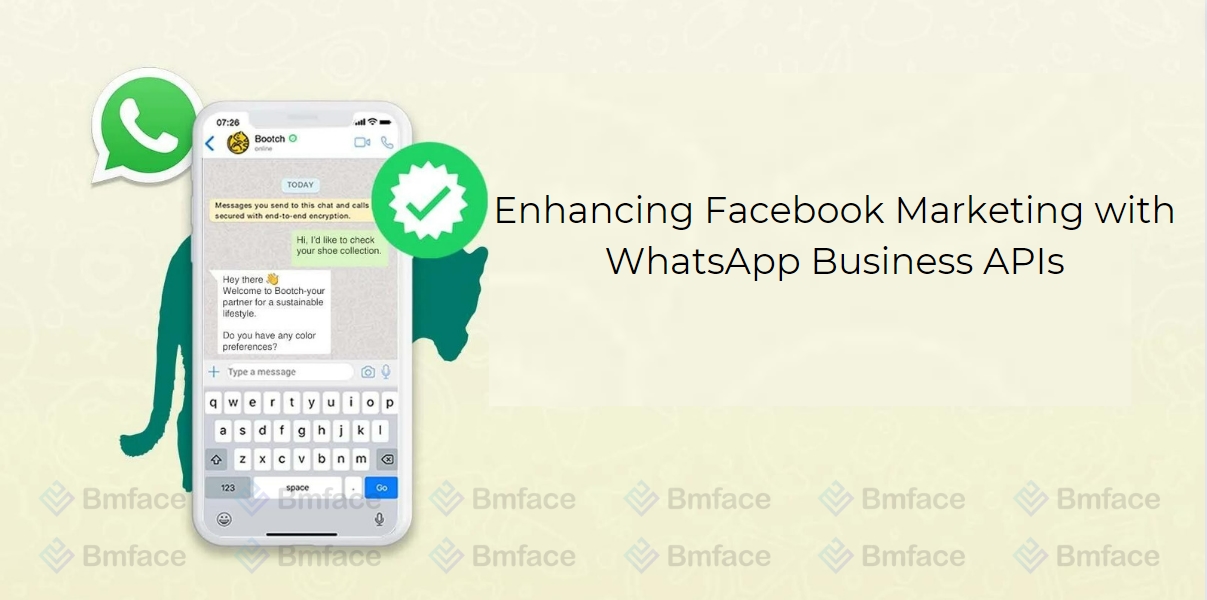
1, Seamless Integration
Direct Link from Ads to WhatsApp
- Call to Action: Include a direct WhatsApp messaging link in your Facebook ads. This allows customers to click and immediately start a conversation about the advertised product or service, significantly reducing the customer journey and enhancing the user experience.
- Real-Time Engagement: By enabling customers to move from viewing an ad to having a conversation in just one click, you minimize drop-offs and increase the likelihood of conversion.
2, Customer Service Enhancement
a, Instant Customer Support
- Automated Greetings: Set up automated messages that greet the user when they initiate a conversation via WhatsApp from your Facebook ads. This can include a thank you message, a brief introduction, or an immediate offer of assistance.
- Quick Replies: Use WhatsApp's quick reply feature to handle common questions or requests efficiently. This ensures that customers receive immediate and relevant responses, which is key to maintaining high levels of customer satisfaction.
b, After-Hours Responses
- Automated Messaging for Non-Business Hours: Set up messages that inform customers of waiting times or non-business hours, offering options like leaving their contact details or a query which can be addressed during regular business hours. This manages expectations and maintains a line of communication even when live agents are not available.
3, Marketing and Sales Enhancement
a, Personalized Follow-Ups
- Tailored Messaging: Use data collected from customer interactions on both Facebook and WhatsApp to send personalized follow-ups. This could be related to queries made in initial interactions or to encourage further steps in the sales funnel.
- Re-engagement Campaigns: Implement targeted re-engagement campaigns using insights gained from previous interactions to offer specials, discounts, or new product information that is likely to appeal to the customer.
b, Improved Lead Qualification
- Customer Segmentation: Use the interaction data from WhatsApp conversations to segment customers based on their interests, behavior, and interaction history. This allows for more targeted and effective marketing efforts.
- Conversion Tracking: Integrate WhatsApp interactions into your overall conversion tracking setup to better understand the path from ad engagement to purchase.
By enhancing your Facebook marketing with WhatsApp Business APIs, you can create a more integrated, responsive, and personalized customer interaction framework. This not only improves the efficiency of your customer service operations but also significantly boosts your marketing effectiveness. Such integration ensures that every customer touchpoint is optimized for engagement and conversion, thereby increasing overall customer satisfaction and loyalty.
Strategies for Leveraging WhatsApp APIs in Facebook Campaigns
Leveraging WhatsApp Business APIs in your Facebook campaigns can significantly enhance the effectiveness of your digital marketing efforts by improving customer interaction and personalization. Here are detailed strategies on how to effectively integrate WhatsApp APIs with your Facebook campaigns:
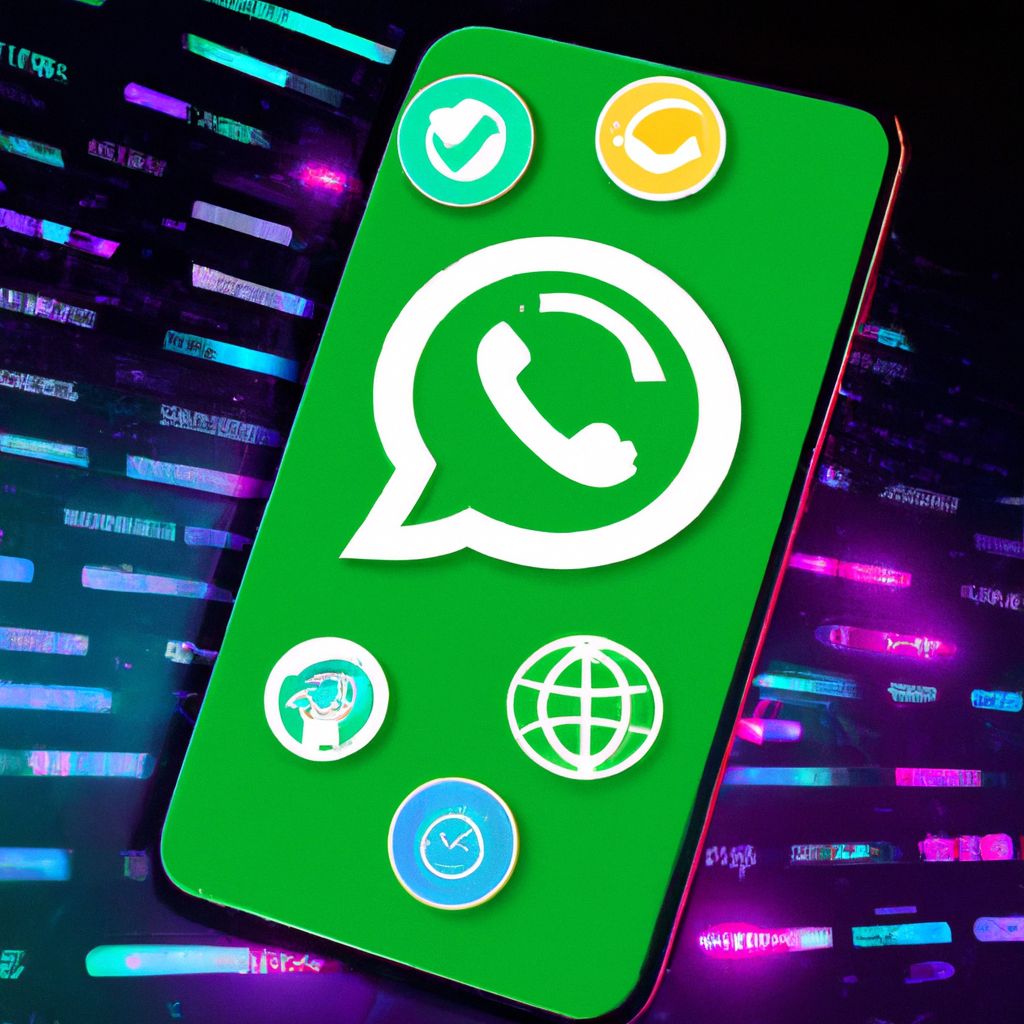
1, Automated Messaging
a, Instant Customer Engagement
- Automate Initial Responses: When a customer interacts with your Facebook ad and chooses to communicate via WhatsApp, immediately send an automated greeting or an introduction message that acknowledges their interest. This can include a brief overview of the product or service they inquired about.
- FAQ Automation: Set up automated responses to frequently asked questions that can be triggered based on keywords within the customer’s message. This ensures that responses are not only instant but also relevant.
b, Seamless Transition from Ads to Conversation
- Ad-Specific Replies: Customize automated messages based on the specific Facebook ad that directed the user to WhatsApp. This creates a seamless experience, as the conversation on WhatsApp can directly continue from the point of interest expressed in the ad.
2, Personalized Customer Interactions
a, Data-Driven Personalization
- Leverage User Data: Utilize data from both Facebook and WhatsApp interactions to tailor conversations. For example, if a customer previously showed interest in a particular product category through Facebook, your WhatsApp conversation can begin with related products or offers.
- Contextual Engagement: Analyze the context of previous interactions and purchases to craft messages that anticipate customer needs or answer potential queries proactively.
b, Enhance Engagement with Rich Media
- Multimedia Messaging: Send images, videos, or documents directly through WhatsApp to provide detailed visual explanations or demonstrations that enhance the customer’s understanding and engagement.
3, Campaign Integration and Optimization
a, Campaign Specific Triggers
- Trigger-Based Messaging: Integrate WhatsApp messaging triggers into your Facebook ad campaigns, so that certain customer actions or milestones (like clicking on a link or spending a certain amount of time on the ad) automatically initiate specific WhatsApp messages.
b, Cross-Platform Analytics
- Unified Analytics: Monitor the effectiveness of integrating WhatsApp with your Facebook campaigns by analyzing metrics such as response rates, conversion rates, and overall engagement across platforms. This data will help you refine your approach and identify the most effective strategies.
Integrating WhatsApp Business APIs into Facebook campaigns offers a powerful tool for enhancing customer interaction and personalization. By automating responses and personalizing communication based on detailed customer data, businesses can improve response times, increase engagement, and drive higher conversion rates. This strategic integration ensures that customers receive a seamless and highly responsive service experience, encouraging greater satisfaction and loyalty. Continuously analyzing and refining your strategy based on campaign performance across both platforms will enable you to maximize the impact of your digital marketing efforts.
Driving Customer Engagement Through Targeted Campaigns
Leveraging WhatsApp for customer engagement through Facebook campaigns can dramatically enhance the effectiveness of your digital marketing efforts. By combining the direct communication capabilities of WhatsApp with the vast audience reach of Facebook, businesses can create targeted campaigns that drive more meaningful interactions and boost conversion rates. Here are strategies for optimizing this integration:
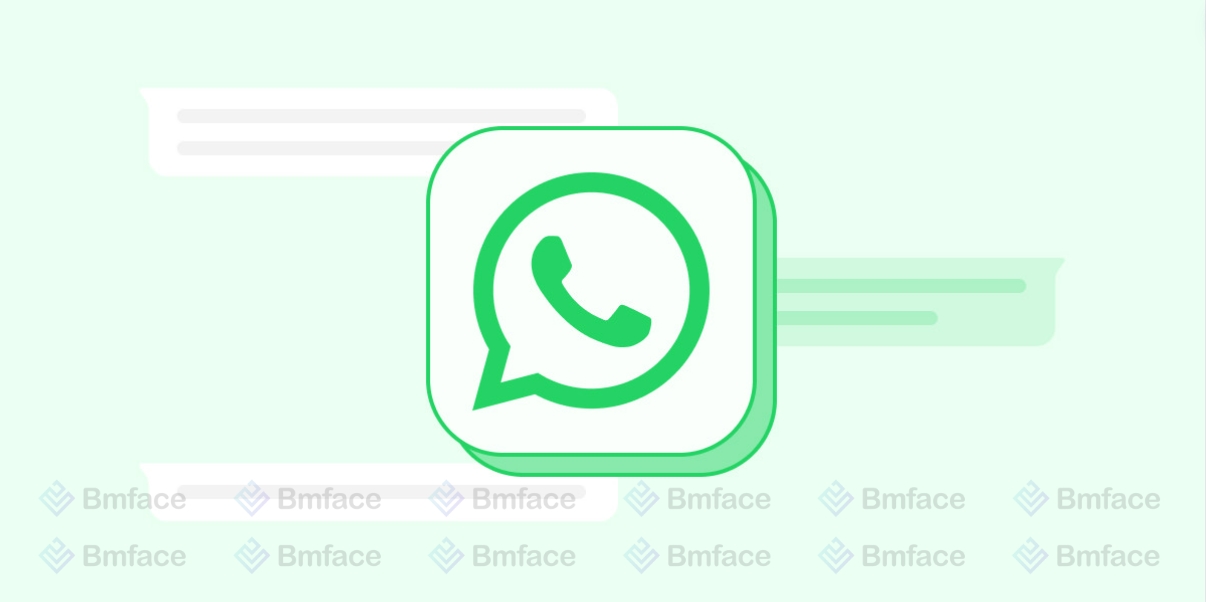
1, Driving Customer Engagement Through Targeted Campaigns
Click-to-WhatsApp Ads
a, Simplified User Journey
- Ease of Access: Incorporate a direct "Message Us" button in your Facebook ads that leads users straight to a WhatsApp chat. This reduces the number of steps a user must take to reach you, streamlining the process from interest to engagement.
- Higher Conversion Potential: By making the transition from viewing an ad to starting a conversation nearly instantaneous, businesses can capture interest at its peak, potentially increasing conversion rates.
b, Campaign Specificity
- Targeted Promotions: Use these ads for promotions where instant communication can significantly impact the customer's decision-making process, such as limited-time offers or detailed product inquiries.
Rich Media Messaging
a, Engaging Content Delivery
- Dynamic Interaction: Unlike traditional text messages, WhatsApp allows the sending of high-resolution images, videos, and even PDFs or product catalogs directly to the customer. This capability can be used to showcase products in detail, offer tutorials, or provide rich content that engages the customer more effectively.
- Customized Responses: Tailor responses with rich media based on the interaction within the ad. For instance, if a customer asks about a specific product feature, respond with a video demonstrating that feature.
b, Enhanced Product Visualization
- Visual Sales Techniques: Utilize visual media to overcome barriers to purchase. For example, sending a video that shows the product in action can help alleviate concerns about performance or size that might not be conveyed through text alone.
2, Optimizing Engagement
a, Integrated Campaign Tracking
- Measure Effectiveness: Track how many users engage with the Click-to-WhatsApp ads and follow through with communication. Analyze the types of queries received and the conversion rate to refine future campaigns.
- Feedback Loop: Collect feedback directly through WhatsApp on the user experience and any suggestions for improvement. This real-time feedback can be incredibly valuable for quickly adjusting campaign parameters.
b, Continuous Improvement
- A/B Testing: Regularly test different versions of ads and rich media messages to determine which combinations yield the best engagement and conversion rates.
- Segmentation and Personalization: Use customer data to segment audiences and personalize messages. Tailored messages resonate better with individuals, increasing the likelihood of engagement and conversion.
Integrating WhatsApp into Facebook ad campaigns offers a direct and personal way to engage customers, enhancing the customer experience and driving conversions. By effectively using Click-to-WhatsApp ads and rich media messaging, businesses can provide a seamless and engaging customer journey that not only meets but exceeds customer expectations. This strategy not only enhances direct sales but also builds a foundation for long-term customer relationships through continuous engagement and personalized communication.
Measuring the Effectiveness of WhatsApp Integration
Effectively measuring the impact of integrating WhatsApp Business APIs into your Facebook marketing efforts is essential for optimizing your strategies and ensuring that your investments are yielding the desired results. Here are some methods and practices for assessing the effectiveness of this integration:
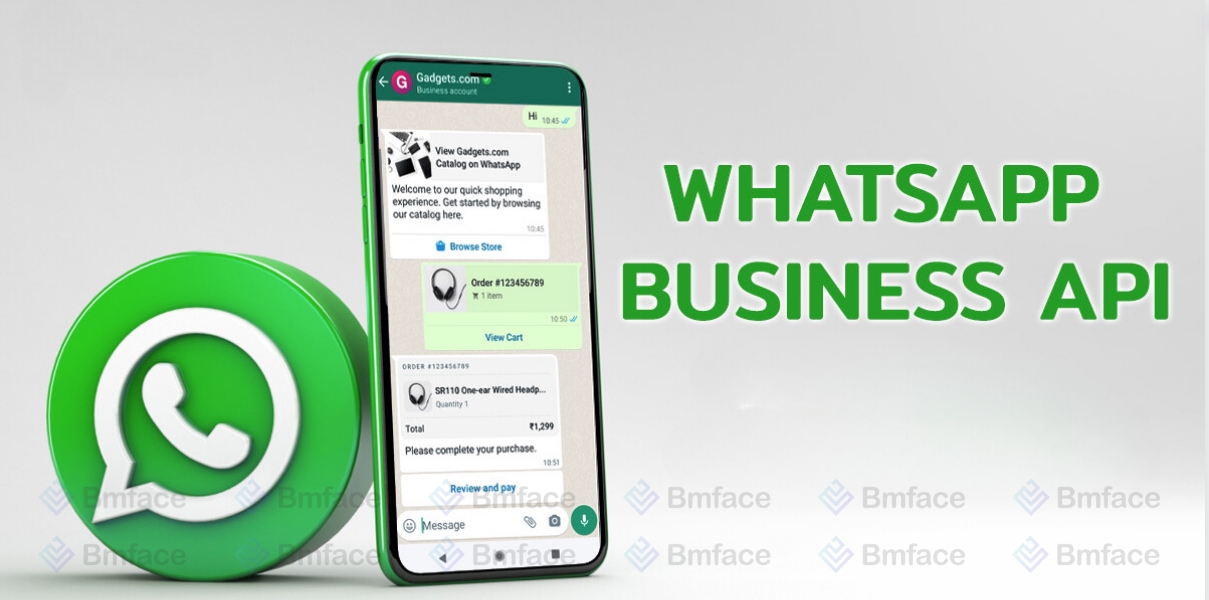
1, Analytics and Reporting
a, Tracking Engagement and Responses
- Interaction Metrics: Monitor key performance indicators such as the number of messages sent, received, and responded to via WhatsApp following clicks on your Facebook ads. This data helps gauge the level of interaction and the interest generated by your campaigns.
- Conversion Tracking: Assess how many of these interactions lead to desired actions, such as purchases, sign-ups, or other conversion goals. Linking these outcomes directly to the initial ad interaction can provide clear insights into the effectiveness of integrating WhatsApp.
b, Response Time Analysis
- Customer Response Times: Track how quickly your team responds to inquiries made through WhatsApp. Faster response times often lead to higher customer satisfaction and can increase the likelihood of conversions.
- Resolution Rates: Monitor the percentage of customer queries resolved on the first interaction. A higher resolution rate can indicate effective communication and a well-optimized customer service process.
2, Feedback Collection
a, Direct Customer Feedback
- Satisfaction Surveys: After a customer interaction concludes, send a follow-up message asking for feedback on their experience. This can be done using quick survey links or simple rating requests within WhatsApp.
- Product Feedback: Use WhatsApp to ask customers for their thoughts on products or services they’ve purchased, providing insights into satisfaction levels and areas for improvement.
b, Qualitative Insights
- Customer Reviews: Encourage customers to share their experiences and reviews directly through WhatsApp. This not only provides you with valuable feedback but also engages customers by making them feel their opinions are valued.
- Behavioral Insights: Analyze the types of questions and comments received to better understand customer needs and preferences. This information can be invaluable for tailoring future marketing campaigns and product developments.
Conclusion
Integrating WhatsApp with Facebook Ads provides a unique opportunity to enhance customer interaction through direct and personalized communication. By utilizing detailed analytics to track engagement and gathering direct feedback from customers, businesses can refine their strategies, improve customer satisfaction, and ultimately drive more effective marketing outcomes. Regularly assessing these metrics allows for agile adjustments to campaigns and strategies, ensuring that businesses remain responsive to customer needs and market dynamics. As technology continues to evolve, staying ahead in competitive markets increasingly relies on leveraging such integrative tools to deliver tailored and responsive customer experiences.
For more insights and updates on effective social media strategies, make sure to follow Bmface and our tutorial blog, where we share the latest and most effective content marketing tips.
Cảm ơn bạn đã theo dõi bài viết. Mua hàng tại Bmface.com để ủng hộ đội ngũ Admin viết thêm nhiều bài viết hay. Xin cảm ơn!


